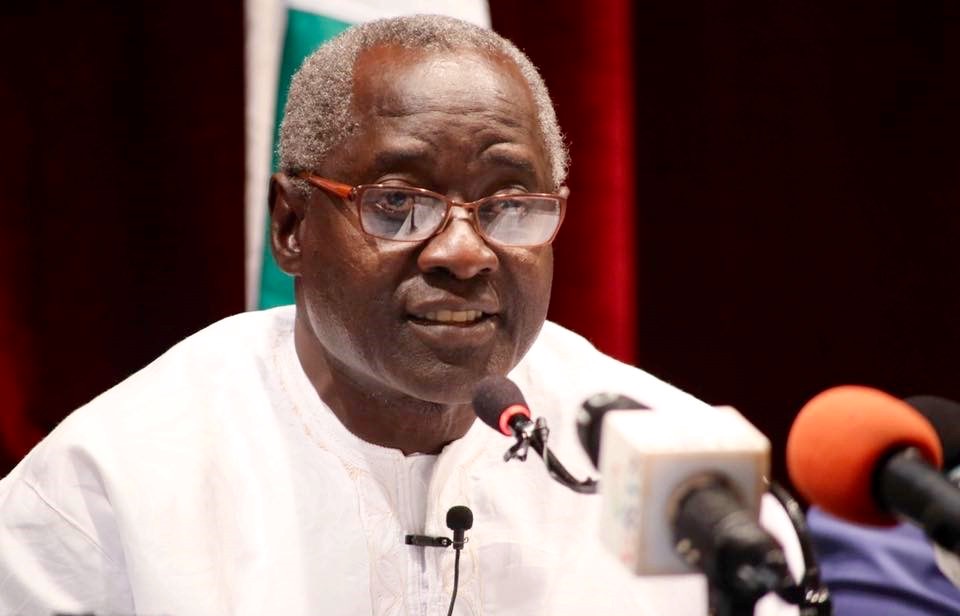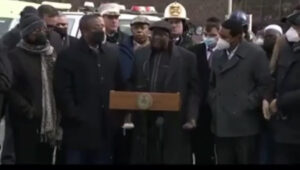
The National Assembly Member for Serekunda, Halifa Sallah, has taken the Barrow government to task for the removal and retirement of chiefs.
Mr Sallah, during a question and answer session at the National Assembly on Tuesday June 11, asked the Minister of Lands, Regional Government and Religious Affairs, Musa Drammeh, for the names of the chiefs that were removed and appointed under the Barrow administration.
He also requested for the minister to give the reasons for their removal.
In response to Mr Sallah’s question, the Minister gave a list of people who were removed but was not able to give detailed explanation of the reasons for their removal or retirement.
However, the Minister said that the removal and retirement of chiefs were “usually done to uphold public interest and for proper public administration”.
He cited the case of Mamud Faye, the former Alkalo of Old Yundum who was replaced by Burr Jassey, adding that he was removed from his post “in the public interest”.
He also cited the case of Nuha Kujabi, the Alkalo of Faraba Banta who was removed from post. He was replaced by Omar Kujabi.
“This was done in compliance with the recommendation of the Faraba Banta Commission of Enquiry,” he said.
Responding to Mr Sallah’s question about the statutory retirement age for chiefs in the country, Minister Drammeh said “the Local Government Act did not provide a statutory age limit for chiefs but that there is a clause within the Act which provides for retirement salary and benefits for a chief”.
On the issue of retirement salary for chiefs, “this shall be determined by the Minister,” he said.
Halifa made it clear to the Minister that “since there is no statutory retirement age limit for a Chief in The Gambia, the Minister should indicate whether there is a policy governing the retirement of Chiefs in the Gambia.”
The Minister in response said: “in some instances, retirement is a lesser punishment in trying to remove someone from office; that it is a more honourable decision that is extended to some ‘Seyfolu’.”
However Mr Sallah pointed out to the Minister that some of the retirements of the chiefs “tantamount to a dismissal and that it should be noted that this is a formal decision developed at the Ministry”.
He added that “the Local Government Act must have stated the basis of punishing a Chief and that the Constitution further provided how authorities assess who should be punished.”
He said that the Minister should explained why Section 200 (1) (b) of the Constitution established the provision for a Commission of Enquiry to examine the conduct of any district ‘Seyfo’.
“This will enable the establishment of whether a Seyfo should be removed from office on the basis of Section 136 of the Local Government Act which deals with the issue of the removal of officers by the president and states the grounds that the president should rely on to be able to remove a Chief or Alkalo.”
The minister in his response said that “what he understands from the Constitution is that it may constitute a Commission of Enquiry. This is not mandatory but based on discussion; and that at the time of removing these Chiefs, the decision was to rely on Section 136 of the Local Government Act of 2002.”
Minister Drammeh gave a list of the following people as the ‘Seyfolu’ who were removed from their offices: former Seyfo Mam Demba Jallow of Sami District was replaced by Moro Jawla; former Seyfo Alhagie Sait Gaye of Sabah Sanjal district was replaced by Malick Boye; former Seyfo Ebou Colley of Foni Bondali district was replaced by Omar Colley, who in turn was replaced by Bakary Badjie who inturn was eventually replaced by Ebou Colley; former Seyfo Alhagie Modou Ceesay of Upper Saloum District was replaced by Demba Sey; former Seyfo Alhagie Baboucarr Camara of Jimara District was replaced by Kanimang Sanneh; former Seyfo Alhagie Bassirou Lorry Bah of Sandu District was replaced by Alhagie Junu Bah; former Seyfo Bassirou Jarju of Kombo East District was replaced by Bakary Sanyang and former Seyfo Sheriff Ajai Janneh of Kombo South District, was replaced by Lamin Darboe.
The Minister promised to get back to the parliamentarians with answers to their queries.










Recent Comments